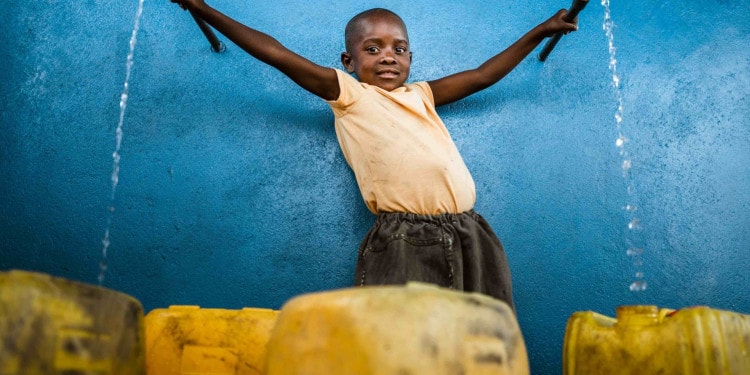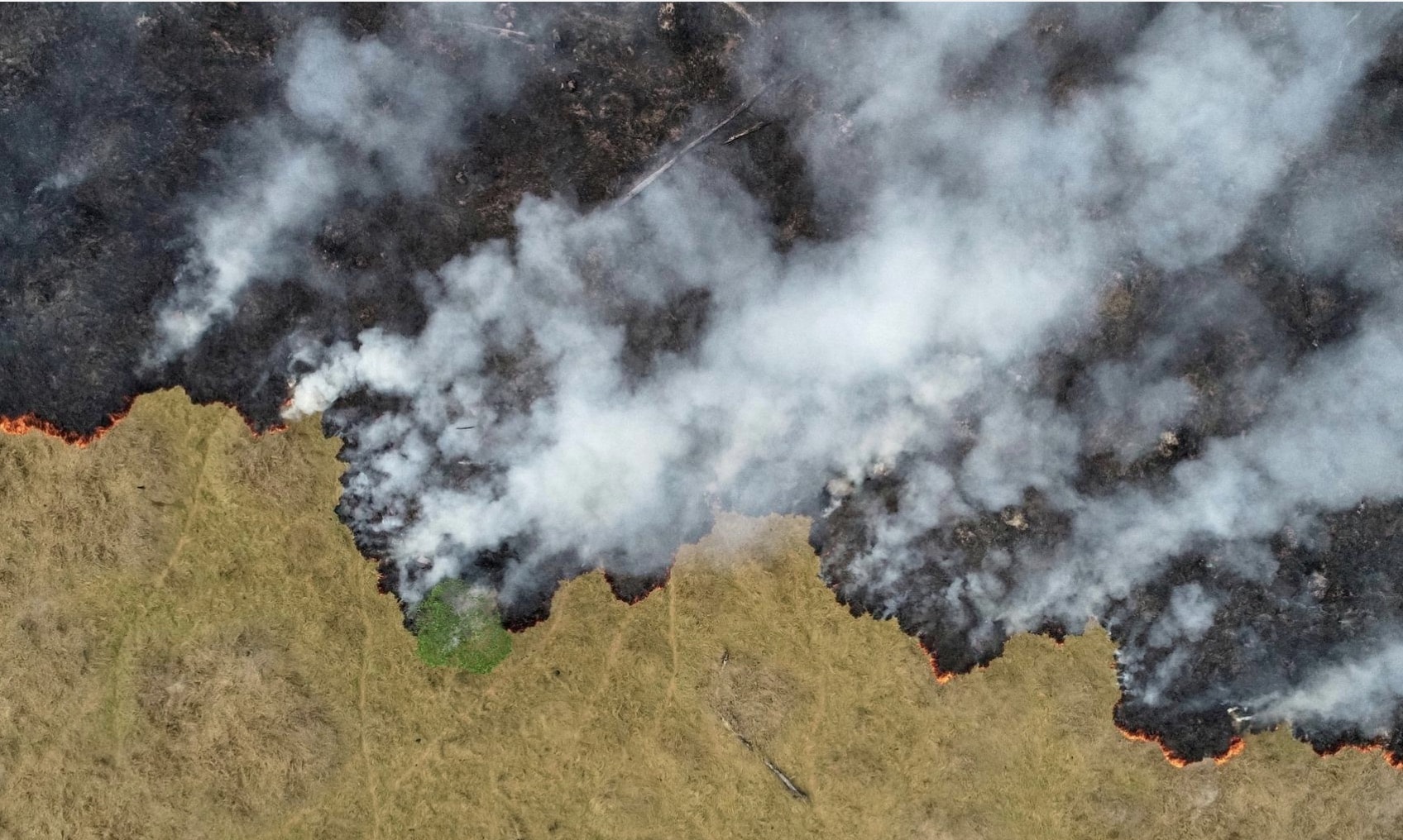It comes as no surprise that the concept of “development” is looked upon with such favor as well as fervor by a society so hyper-focused on driving the engines of economic growth. As if through achieving this “state of advancement or growth,” the very concept of development harnesses images of human control, reinforcing a sense of mastery of humanity over the natural world. To be “undeveloped” within society’s current mentality, is to be unharnessed, under-utilized, and even wasted. Unfortunately, this is a mentality that is as ill-conceived as it is short-sighted, based on the foregone and erroneous conclusion that true development — true “advancement” — is possible only when economic growth is the end goal, and human beings at the helm.
Thankfully though, the conversation surrounding the notion of “development” has evolved somewhat — shifting more popularly to the concept of sustainable development, where the needs of the current generation are met without compromising the ability of future generations to meet their needs. This has in turn given rise to global frameworks that include the United Nations Sustainable Development Goals, or SDGs, a comprehensive global blueprint aimed at achieving a more sustainable future for all. This is a start, admittedly an important one. But to truly have a “sustainable” lifestyle, we must be forthright with ourselves when it comes to what it is we are actually trying to sustain. Is it a certain level of comfort, an unfettered access to resources, or something even more intrinsic?
At its essence, what we are ultimately aiming to maintain is our own sense of sustainable health. We need look no further than the devastation caused by the current COVID-19 pandemic to realize just how dependent the global economy is on the basic premise of human health. The notion of our collective health at risk is enough to disrupt and ultimately shatter the foundation of a functioning society, from our basic norms of social interaction to our fundamental systems through which we maintain our livelihoods. As the pandemic has taught us in no uncertain terms, the health of both humanity and the natural environment are deeply and intricately interwoven. To focus on human health without addressing that of the natural environment would lead us once again to the fateful situation we are facing today. In the context of these current challenges, we must therefore refine our approach by going beyond a framework of sustainable development to embrace this even more critical concept of sustainable health.
Related Articles: Response to COVID-19 | A New Social Contract for a Healthy, Just and Sustainable World
Any fundamental sense of human health — both personal as well as societal — is linked directly to our ability to sustain the health of the planet. Thus, when we feel inclined to revert exclusively to a mindset where progress is measured primarily on the achievement of incremental degrees of economic prosperity, we must remember the lessons of the current pandemic to realize that a society which values sustainable health is ultimately the society most able to achieve the “prosperity” we truly seek.
And though humanity is impressive in its resilience and possesses an extraordinary talent for both learning and adaptation, as a species, it does not readily embrace the actual concept of change. Rapid change that tests the comfort level of a society is often referred to as a “movement,” when in fact, it is nothing more than the very process of fundamental change itself, played out on a shortened timeline. And to be blunt, a movement is what is needed now — fundamental change with regards to our relationship with nature and our need to incorporate this newfound sense of sustainable health into a new platform of social values.
Man’s dominion exists in the world of man, in the world of social constructs, but not the world of nature.
So how do we begin this process of fundamental change? The key is first and foremost to alter our thinking — to alter our consciousness — to realize that we cannot “tinker” when it comes to issues involving mankind’s relationship with the natural world. We must embrace large-scale solutions on behalf of industry, government, and the local community, putting an end to short-term band-aid remedies that serve primarily to postpone the demise of nature. For the demise of nature ultimately becomes our own demise. And though humanity exerts tremendous influence in the natural world, we must realize that we will never have real dominion. Man’s dominion exists in the world of man, in the world of social constructs, but not the world of nature. Ours must be a humble view, one that sheds our previous role of “master of the natural environment” and embraces a new role of “steward of the natural environment.” For a mentality based on stewardship will fundamentally provide us with a clearer lens through which to focus on the future and embrace this critical milestone concept of “sustainable health.” Only then will we be ready to meet the challenges of the day and achieve the progress so critical to the creation of a truly sustainable future.
Editor’s Note: The opinions expressed here by Impakter.com columnists are their own, not those of Impakter.com. — In the Featured Photo: A boy standing behind water containers during the community water project in Malawi. Photo Credit: IFAW












